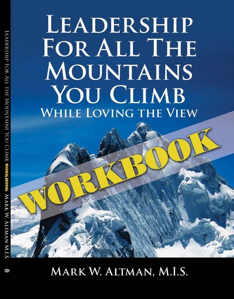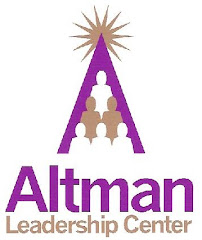As I am writing my column I am watching the election coverage to determine who our next President will be. It is worth noting that by the time this column publishes we will know who that person will be, likely the nation will have begun to accept the will of the people and I hope we will have largely moved together to tackle our nation’s problems. The problem of the economy will likely be the first problem touching American families the new President will have to address, and an important part of this problem is that of affordable health insurance.
According to the U.S. Census Bureau Idaho has 213,000 people, or 14.7 percent of its population were uninsured in 2004-5. The nation as a whole has 45.7 million without health insurance and many of those are children and the elderly. If you believe this is bad news, then the worse news: these numbers are pre-economic downturn and we don’t have numbers after the downturn.
Like most policy decisions, this one has numerous facets with many stakeholders and each of the facets of the problem can lead to any number of unintended consequences. Lack of health care for children for example, feeds a number of problems such as avoidable illness, higher medical bills for ailments that aren’t caught early, and lower academic performance in school.
Part of the challenge for policy makers is medical science itself. On the one hand we live longer than ever before in human history, and on the other the medical costs for procedures is higher than ever. American companies, trying to increase profits so stockholders do not take investment monies to countries where health care costs are much less (partly because companies are not expected to provide employee health care benefits), are decreasing benefits. We now have medical procedures that can heal problems that certainly would have been fatal even 25 years ago.
Some of the debates the new President will have to judge are, “As a society, what resources are we morally and ethically obligated to commit in order to lengthen a lifespan?” Connected to that question is, “What resources do we commit to early detection and preventative care?” Last, “To what ends can society demand its citizens take care of themselves?” “Do we continue to make smoking harder and harder to do through taxation and limiting where people can smoke?” “Should we “punish” drinking and poor dietary habits?” “Do we mandate physicals for school age children as we do immunization?”
We have had more political participation in this election than in almost any other in the nation’s history. However, the new President, whichever candidate wins, will need the help of an educated, engaged, populace interested in solving the challenges like this one that have no easy answers. Please stay excited and involved by writing your political officials and attending town halls and meetings, making your feelings known. Your family’s medical and financial health and the nation’s economic well-being depend on it.
Mark Altman is a speaker and leadership consultant with the Altman Leadership Center. Mark has completed graduate work in Marriage and Family Counseling and is working on a PhD in Leadership studies at Texas A&M University. He is happy to speak or provide a workshop for your organization and can be reached at mark@taolc.com.
Altman Leadership Center Speaking/Consulting web page
Thursday, November 6, 2008
Subscribe to:
Post Comments (Atom)








No comments:
Post a Comment